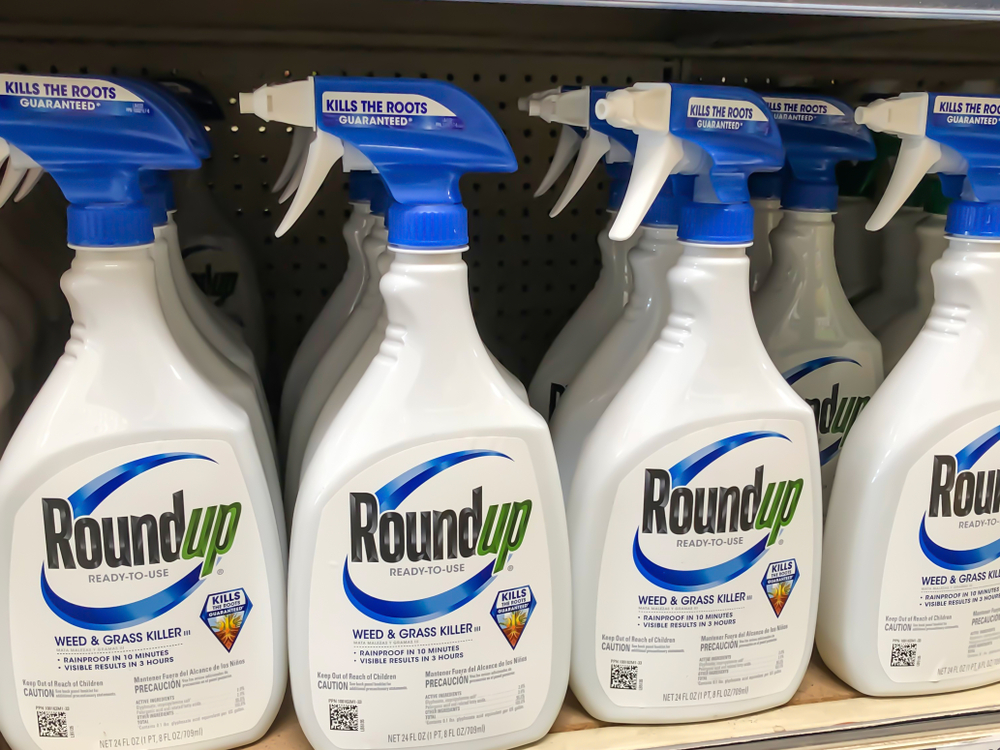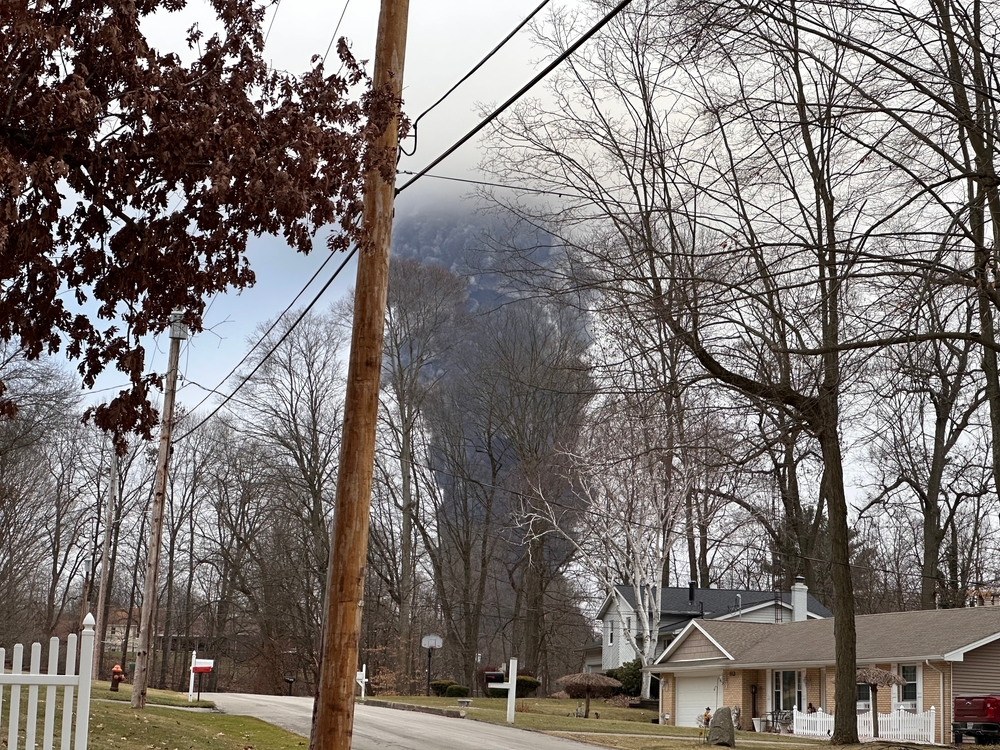Early in May, President Biden and his administration urged the Supreme Court not to hear an appeal regarding Roundup and its manufacturer Bayer. The case in question is Hardeman v. Monsanto Co., originally filed and argued in California. The plaintiff, Edwin Hardeman, believed that Roundup caused his non-Hodgkin’s lymphoma. After a jury trial in California in March 2019, Hardeman was awarded $80 million by jurors. That figure was trimmed to $25 million by the trial judge. A federal court of appeals upheld the $25 million award. Now Bayer has asked the Supreme Court to hear their appeal.
Bayer is arguing that the $25 million Hardeman award should be overturned. The company contends that the federal government approved Roundup’s label, meaning Hardeman’s victory under California law should be thrown out. In part, Bayer’s argument includes that the Federal Insecticide, Fungicide and Rodenticide Act (FIFRA) shields it from liability. Under FIFRA, states are not allowed to impose labeling and packaging requirements that are different from or in addition to those required by federal law. Additionally, Bayer claims that the trial judge in the Hardeman case allowed expert testimony that Roundup causes cancer. According to Bayer, this expert’s testimony was speculative at best.
In a shift of position, U.S. Solicitor General Elizabeth Prelogar filed a brief with the court stating, “approval of labeling that does not warn about particular chronic risks does not by itself preempt a state-law requirement to provide such warnings.” This change in position is a shift under the change in leadership from former President Trump to current President Biden. Under President Trump’s administration, it encouraged the Supreme Court to hear Bayer’s appeal.
Solicitor General Prelogar also shared, "the court of appeals correctly held that FIFRA (Federal Insecticide, Fungicide, and Rodenticide Act) does not preempt respondent's claims, and that decision does not conflict with any decision of this court or another court of appeals.”
Bayer Facing Thousands of Roundup Lawsuits
Out of thousands of Roundup lawsuits filed against Bayer and Monsanto, which Bayer purchased in 2018, a limited number have made it to trial. In 2020 alone, Bayer settled tens of thousands of lawsuits, equalling around $10 billion in settlement funds. Previously, Bayer has won three trials in cases where plaintiffs have filed suit, alleging that their cancer was caused by their use of Roundup and paraquat herbicides. Bayer’s victories include Stephens v. Monsanto, Clark v. Monsanto and Shelton v. Monsanto. In opposition, Bayer has also lost three trials where plaintiffs filed suit and placed blame for their cancer on their exposure to Roundup.
It’s believed that Bayer’s appeal to the Supreme Court to overturn the Hardeman verdict is an attempt by Bayer to reduce and limit settlement and damages that have been awarded to plaintiffs. It is estimated that a favorable outcome from the Supreme Court could save Bayer approximately $3 billion of an estimated $16 billion set aside for Roundup-related cases.
The Supreme Court released its list of appeals being heard this week. While Hardeman v. Monsanto Co. is not listed at this time, this does not mean that the Supreme Court may not hear the appeal. It’s estimated that additional appeals may be heard in July.
Bayer shared this statement upon hearing that this case was not included in the list of appeals being heard. “There was no decision on the Hardeman petition on today’s Supreme Court order list. We expect a decision to be made on the petition at a later conference,” Bayer attorneys shared. We “continue to believe there are strong legal arguments to support Supreme Court review and reversal,” Bayer concluded. “Regardless of the final outcome at the Supreme Court, the company is fully prepared to move forward with its five-point plan, manage litigation risks and bring closure to the Roundup litigation.”
As additional Bayer and Roundup-related litigation have their time in state courts across the U.S., experts and advocates for Roundup consumers will be watching. Bayer announced that in 2023, it plans to replace glyphosate in the formula, an active ingredient in Roundup. This glyphosate-free formula is expected to hit the U.S. residential market in 2023. Farmers and agricultural workers will continue to have access to the formula with glyphosate at this time.










